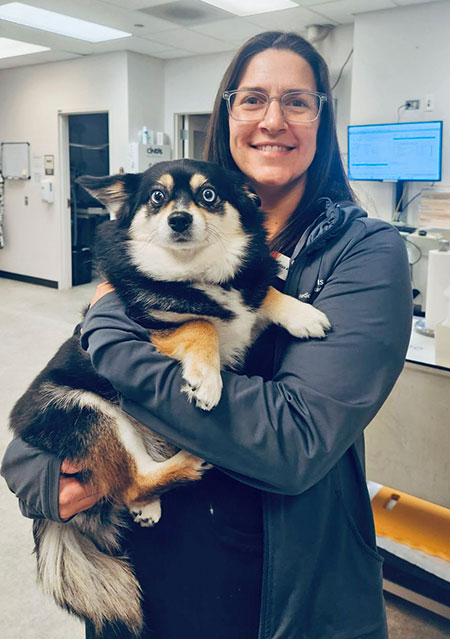The Bureaucracy of International Pet Travel

It finally happened.
Twelve years of practice, countless patients and clients, and it finally happened: I have a client moving their family to Australia.
I’ve helped clients send pets to every other continent (except Antarctica), but never Australia. I really wish they weren’t going. They are a lovely family, and we will miss providing service to their pets. But another reason is that Australia may be the most tedious and difficult place to transport a pet.
It will take almost a full calendar year and thousands of dollars, not to mention countless blood tests, vet visits, and forms submitted, for the pets to be successfully and legally transported to Australia.
Most countries are not nearly as difficult, costly, or time-consuming as Australia. However, before you turn your furry friend into an international jet-setter, there are two government organizations that you should know about.
Animal and Plant Health Inspection Service (APHIS)

This branch of the U.S. Department of Agriculture is responsible for protecting the health and value of American agriculture and natural resources, including our personal pets. It also ensures that all animals that leave or enter our country are healthy and free of diseases. APHIS veterinarians carry out this mission by inspecting animal facilities and working in conjunction with general practice veterinarians.
When our clients prepare their pet for international travel, they come to us for the necessary paperwork, which must then be approved by APHIS veterinarians. Before the pandemic, the paperwork completed at our clinic was then taken to an APHIS office to be endorsed. During the pandemic, this process transitioned almost completely online, so now the paperwork is scanned and uploaded to the APHIS website.
That’s why we tell you that it is time-consuming for forms to be submitted and endorsed. All forms from Wisconsin and Illinois go to one APHIS office, so it can take days for their approval.
Centers for Disease and Control and Prevention (CDC)
The CDC got involved in international animal transportation more recently. When I started practicing, international travel was exclusively in the purview of APHIS. Starting this year the CDC is requiring proof of rabies vaccination and microchipping for all dogs re-entering the United States.
To be honest, I consider this form essentially a glorified rabies certificate, but it is now required for any dog coming back into the Unites States. Being a different branch of government, CDC does not have its forms approved by APHIS.
Plan Ahead
So next time you are thinking about taking your pet with you abroad, be sure to reach out to us first for guidance. Last-minute trips are difficult, if not impossible, to accommodate. However, with good planning, the process can go smoothly (despite being annoying and tedious).
—Alyssa Kritzman, DVM
Featured photo from AdobeStock
